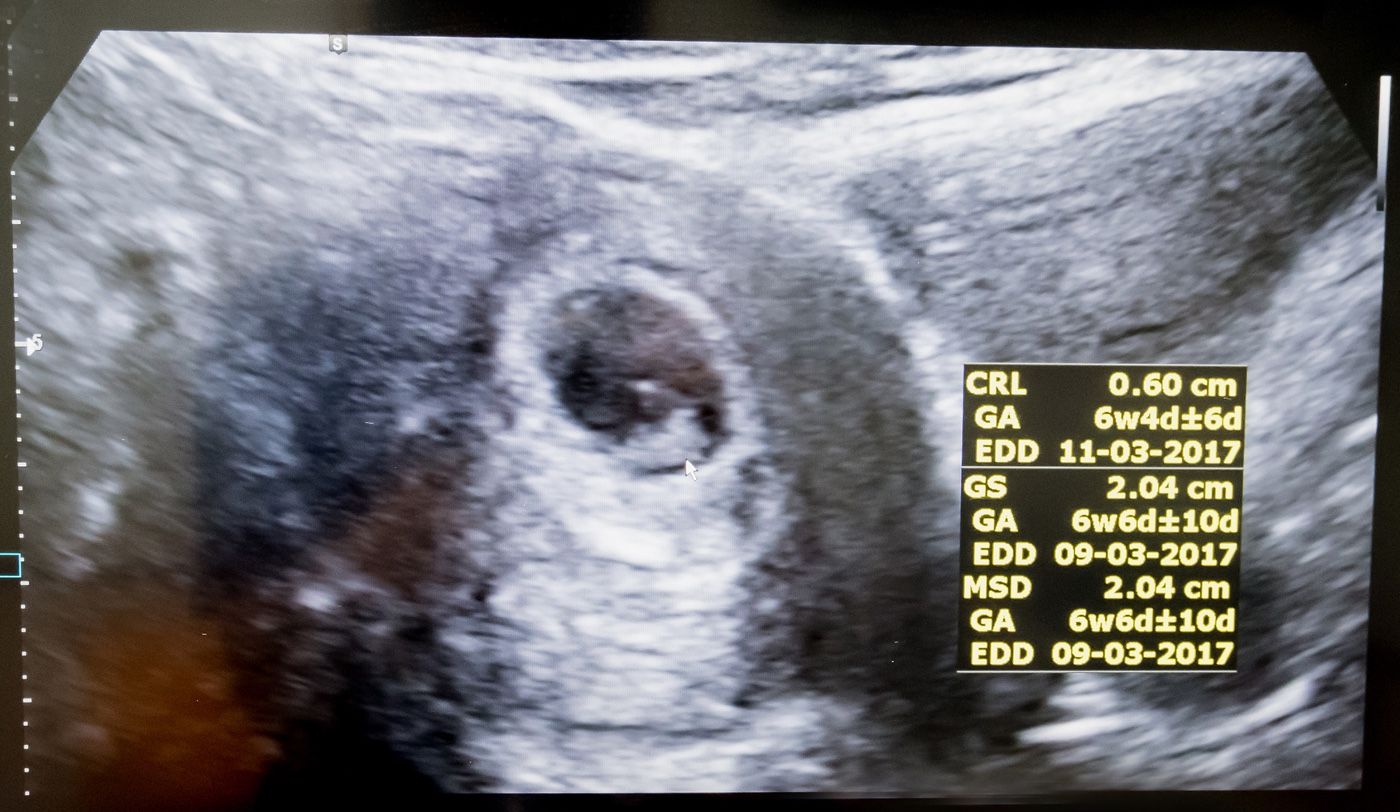Off Topix: Embrace the Unexpected in Every Discussion
Off Topix is a well established general discussion forum that originally opened to the public way back in 2009! We provide a laid back atmosphere and our members are down to earth. We have a ton of content and fresh stuff is constantly being added. We cover all sorts of topics, so there's bound to be something inside to pique your interest. We welcome anyone and everyone to register & become a member of our awesome community.
More science denial so they can murder and not take personal responsibility.
- Thread starter WHO IS SERAFIN
- Start date


